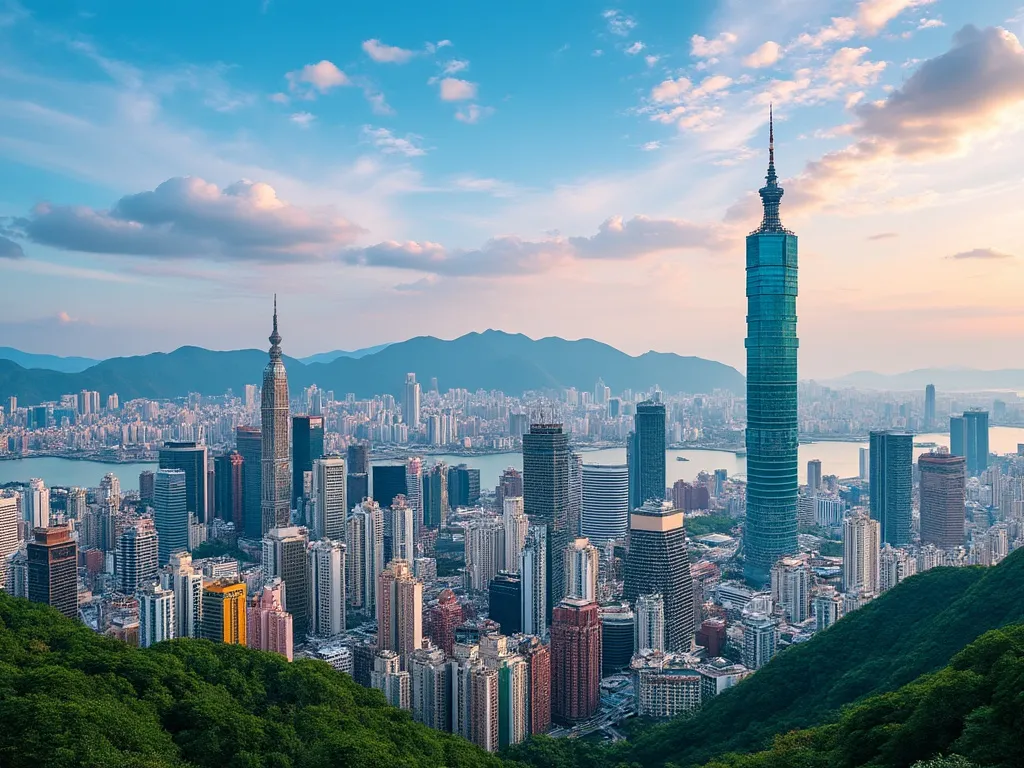
Taipei, the capital city of Taiwan, is a vibrant and cosmopolitan metropolis that seamlessly blends traditional and modern culture. Located in the northern part of the island, Taipei is a hub for politics, economy, education, and culture, attracting millions of visitors each year.
Taipei information
| Country | 🇹🇼 Taiwan |
| Population | 2,693,672 |
| Coordinates | 25.0333° N, 121.6333° E |
| Area | 271.8 km² |
| Climate | Humid subtropical |
| Language | Mandarin Chinese, Taiwanese Hokkien |
| Currency | New Taiwan dollar (TWD) |
| Time zone | National Standard Time (UTC+8) |
| Proximity to other major cities | New Taipei City (10 km), Taoyuan City (30 km), Kaohsiung City (340 km) |
Interesting facts about Taipei
- Taipei is home to the world's second-tallest building, the Taipei 101 skyscraper.
- The city has a comprehensive public transportation system, including a metro, buses, and trains.
- Taipei is known for its vibrant street art scene, with many murals and graffiti adorning the city's walls.
- The city hosts many festivals throughout the year, including the Taipei Lantern Festival and the Taipei Jazz Festival.
Tourist attractions in Taipei
- National Palace Museum
- Taipei 101
- Longshan Temple
- Shilin Night Market
- Elephant Mountain
- Taipei Zoo
Historical background of Taipei
Taipei has a rich and complex history dating back to the 19th century, when it was a small trading town. The city underwent significant transformations during the Japanese colonial period (1895-1945) and the Chinese Civil War (1927-1950). In 1949, Taipei became the capital of Taiwan after the Kuomintang (KMT) government retreated from mainland China.
Geographical location of Taipei
Taipei is situated in the Taipei Basin, surrounded by the Central Mountain Range to the east and the Xueshan Range to the southeast. The city is bisected by the Tamsui River, which flows into the Taiwan Strait. Taipei's unique geography has made it prone to natural disasters, such as earthquakes and typhoons.
Cultural significance of Taipei
Taipei is a melting pot of cultures, with a unique blend of traditional Chinese, Japanese, and indigenous influences. The city is home to numerous cultural landmarks, including the National Palace Museum, the Taipei 101 skyscraper, and the Longshan Temple. Taipei is also known for its vibrant night markets, such as the Shilin Night Market and the Raohe Street Night Market.
Economic importance of Taipei
Taipei is the economic hub of Taiwan, with a strong focus on technology, manufacturing, and finance. The city is home to the Taiwan Stock Exchange and the Taipei World Trade Center, and is a major center for international trade and commerce.
Conclusion on Taipei
Taipei is a city that seamlessly blends tradition and modernity, offering a unique cultural and economic experience for visitors. From its rich history and cultural landmarks to its vibrant night markets and natural scenery, Taipei is a must-visit destination for anyone interested in exploring the best of Taiwan.
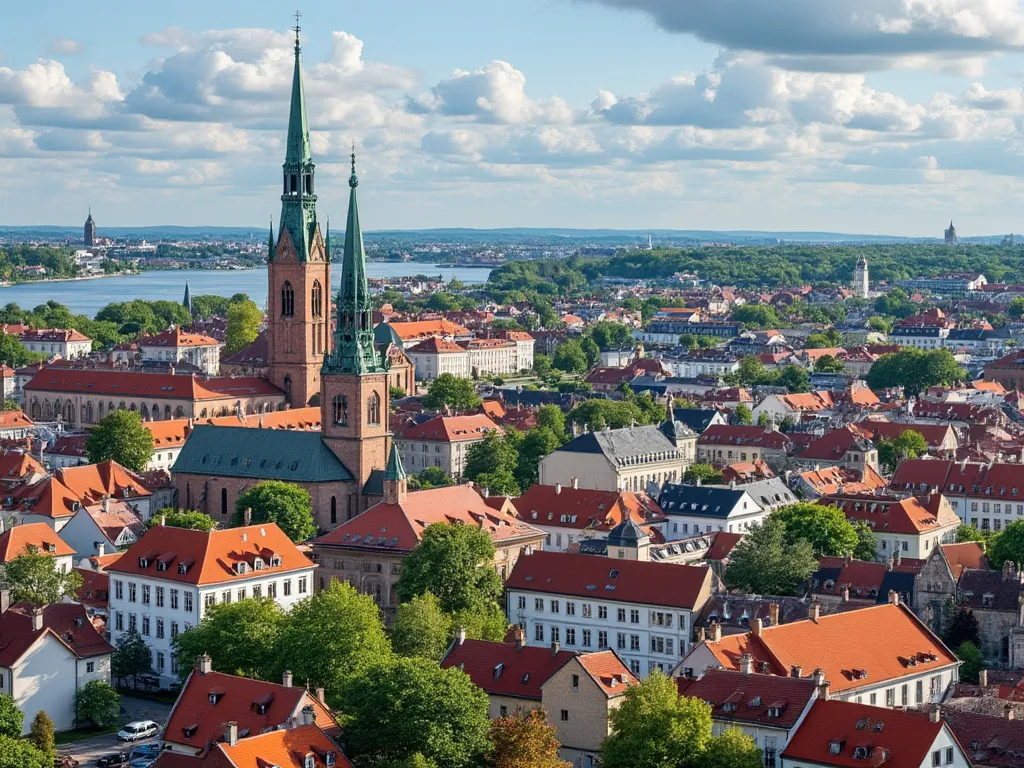 Tallinn
Tallinn
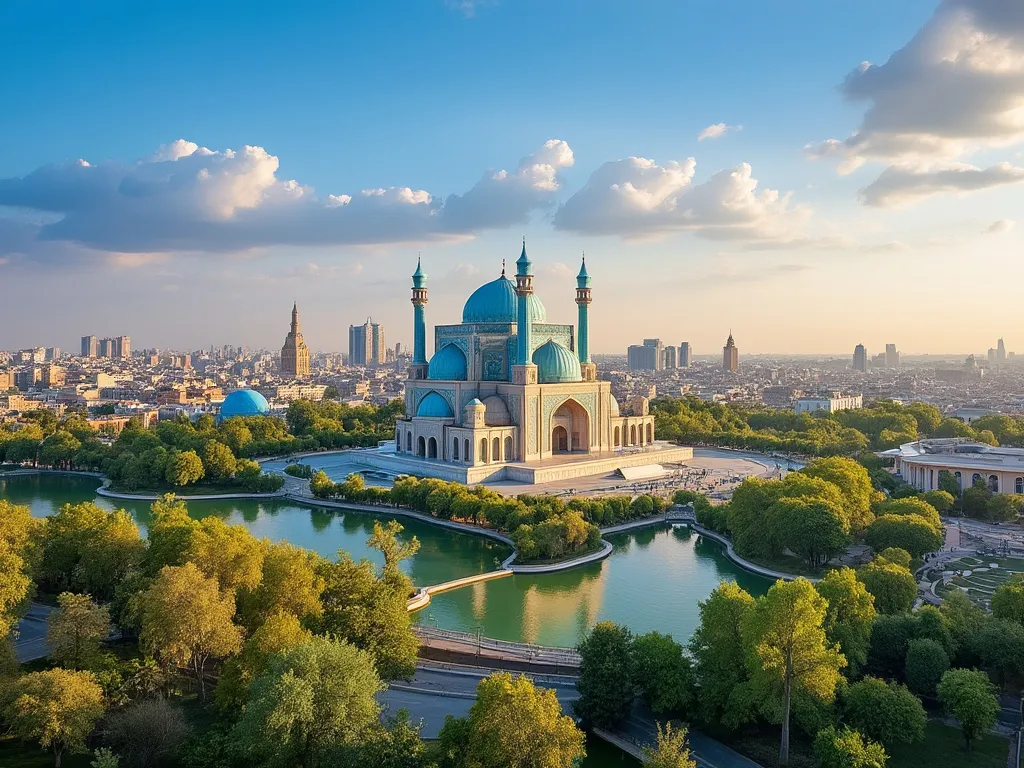 Tashkent
Tashkent
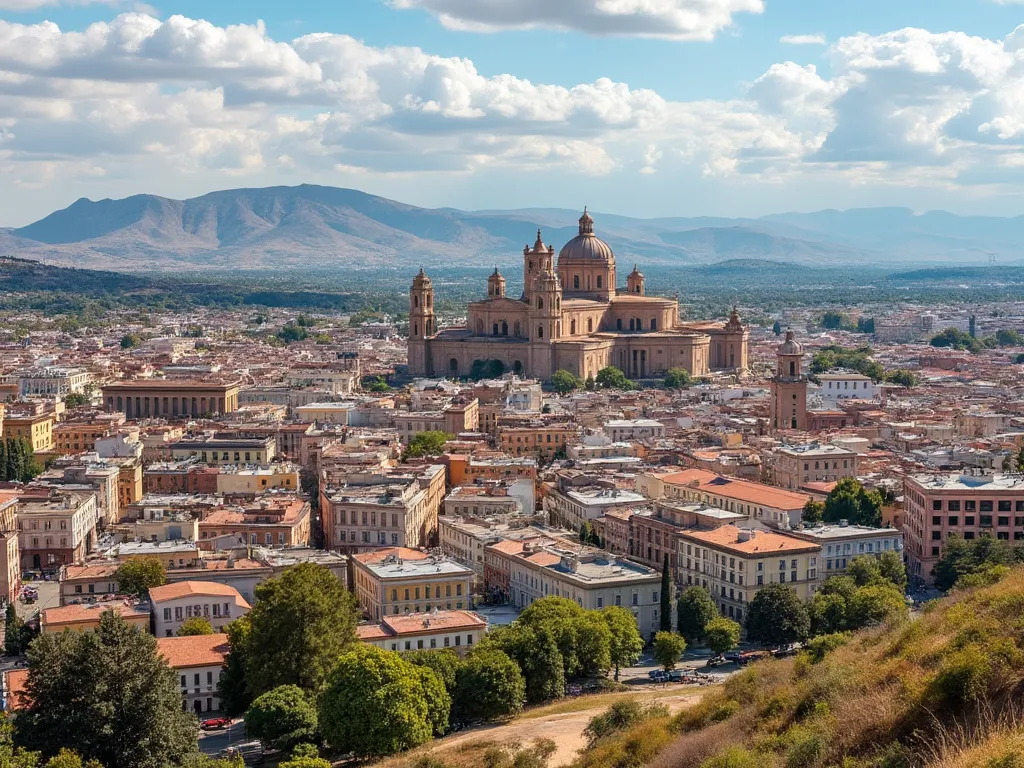 Sucre
Sucre
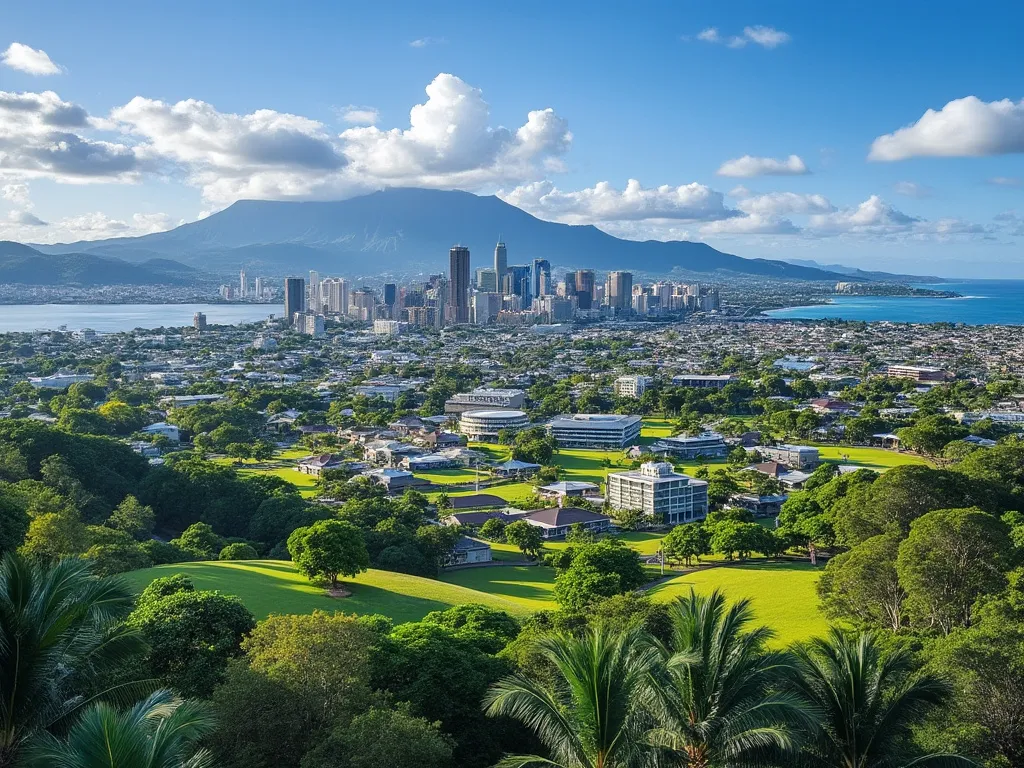 Suva
Suva